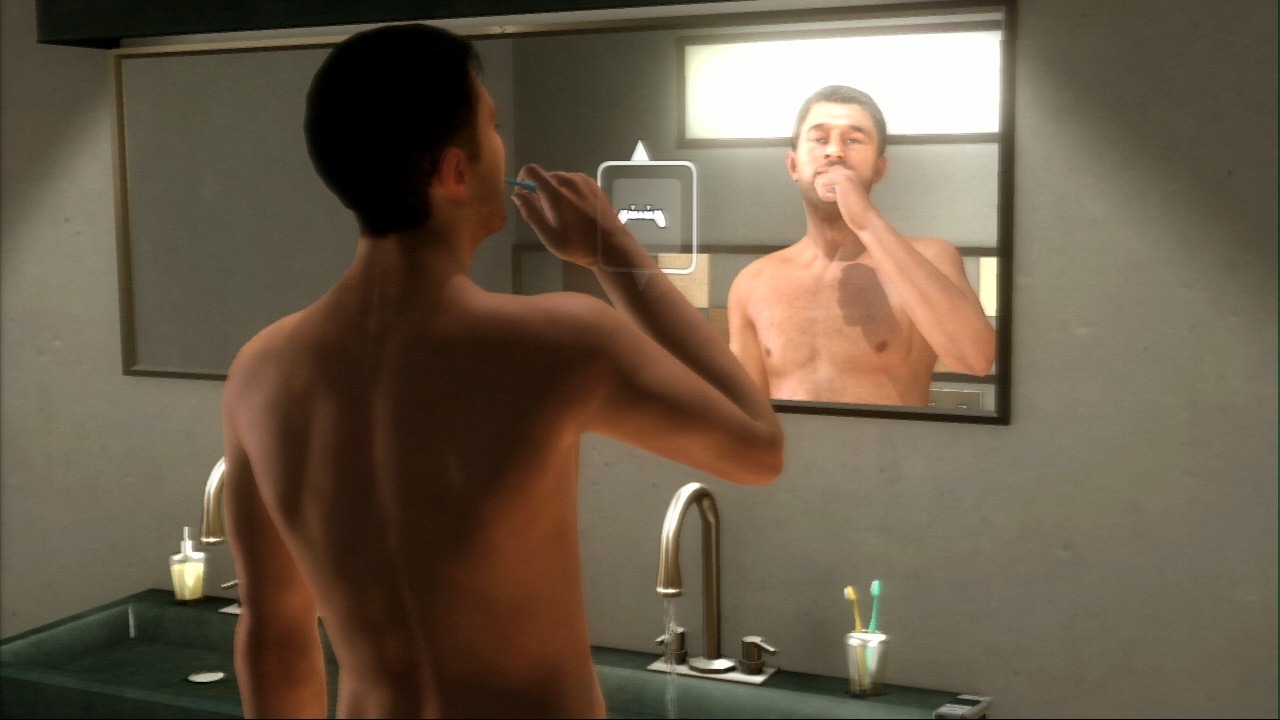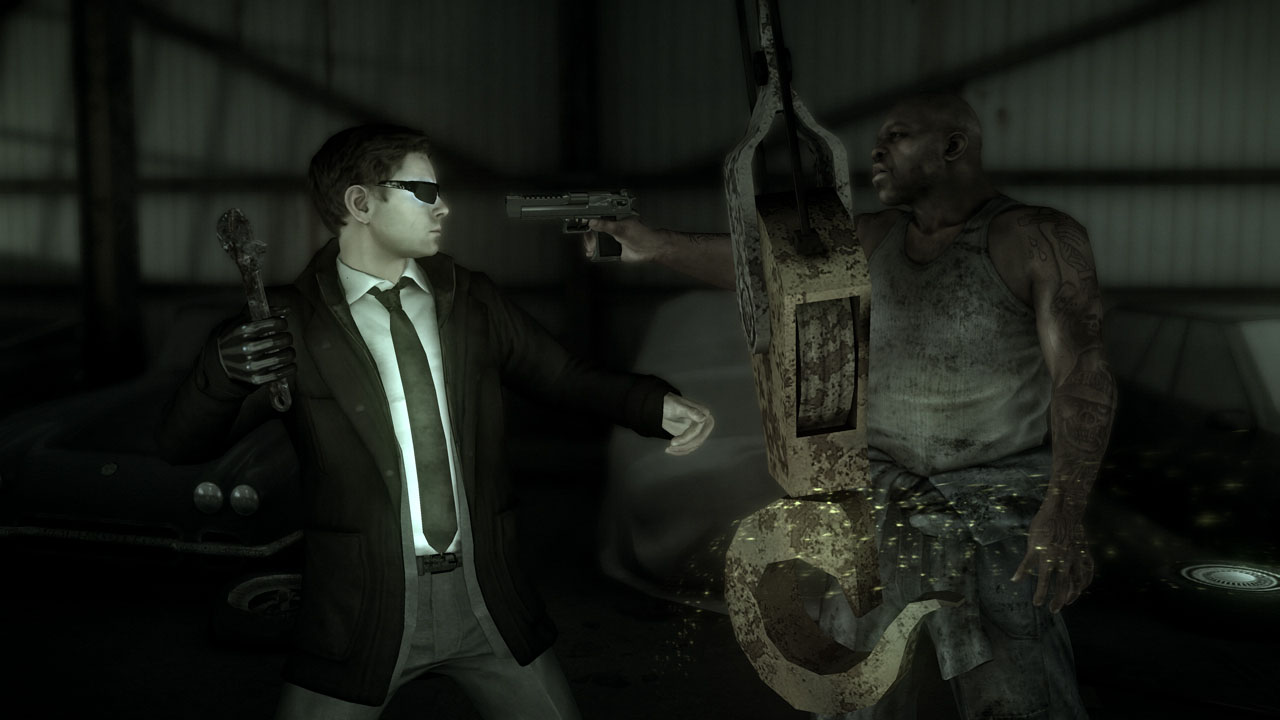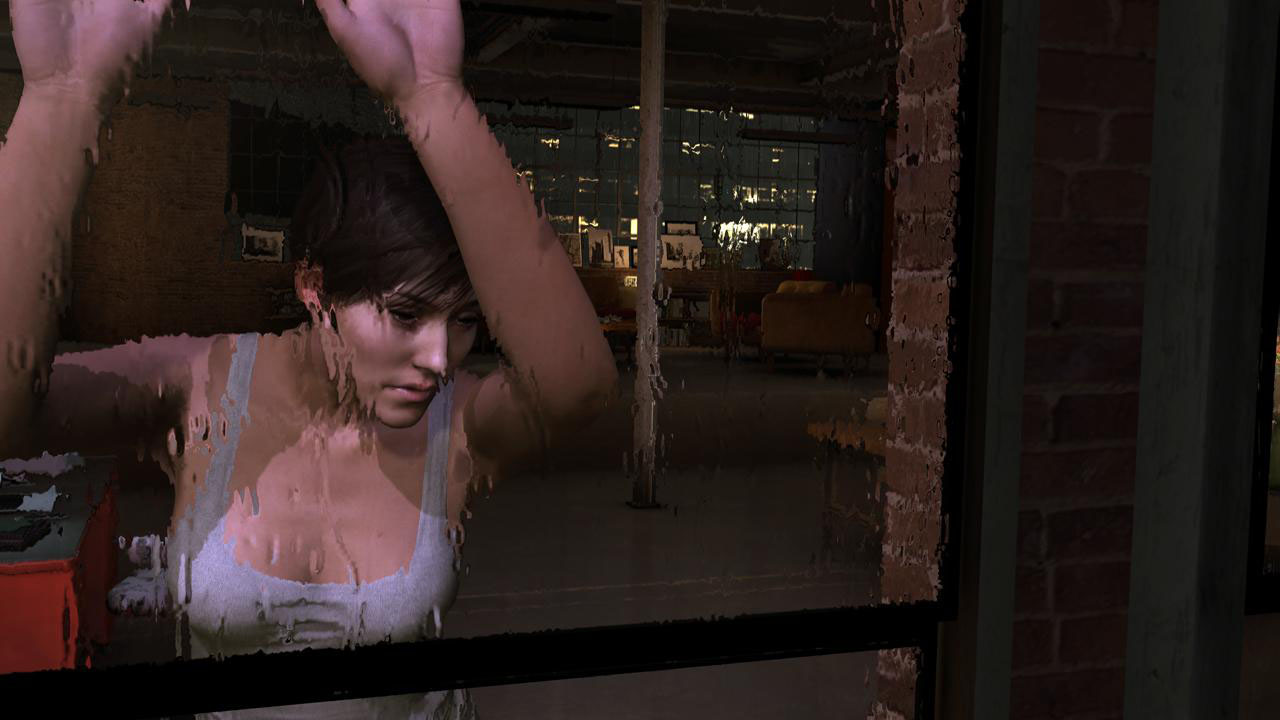![[READING] Interactive Narrative](https://www.mediafactory.org.au/james-muntisov/files/2013/08/hrScreen-1j4aexh.jpg)
[READING] Interactive Narrative
So this will be the second time I write this. I wrote a huge post on a link I made to the interactive narratology reading and when it posted, it didn’t post and I lost all of it. So I’m going to try and write it again but I can’t say it will be any better.
So basically upon reading Ryan’s work, I was reminded of the perfect example of a form of interactive narrative. It’s a video game called Heavy Rain. It came out on PS3 in 2010 and follows four characters as they track down the mysterious Origami killer. What’s interesting is that it’s more of an interactive film than a game. It is one of the few products that I would say has a legitimate reason to be called an experience. The game is literally a huge bunch of quick time events, which are moments where a task is presented on screen with the corresponding button to complete the task, so you either press that button, or rapidly press it or hold it down depending on what its asking. You also can tilt the controller for some parts.

The game offers you lots of choice. It lets you put yourself in the footsteps of one of the four characters (depending where the story is at) and lets you make the decisions the character has to make. For one instance, your character is talking to a man whose daughter was killed by the Origami killer and you have the option to press him hard for information, but I chose to sympathize with him. Since I did, he willingly gave up some clue that might help me uncover the killer. I don’t know what would have happened if I had chosen to press him, but the chances are I wouldn’t have gotten that clue.
That brings me to another point. I’ve played this game once, and only once. I played it my way and made it my story. There was a point in the game where the FBI agent character was in the middle of arresting a hurly criminal at a car yard when the agent started shaking because he hadn’t taken these drugs he was hooked on. So I’m pressing the required buttons, but I fumble, so I drop the vile of the liquid drug. As my character tries to pick it up, the criminal gets up and knocks me out. I wake up and my hands are cuffed to the wheel of a car. The car is being lifted by a crane into a car crusher. I’m pressing the buttons to get out as fast as I can, but I failed. My FBI character gets crushed. He’s dead. He’s not coming back. So for the rest of the game, the story went on without him. This game dynamically reacts to your decisions. I was tempted to turn off the system before it saved and try the scene again, but then I realized, this was my story. I failed my character so I must live with the consequences. That was one of the most mature things I’ve done in my life. Accept responsibility and not try again.

While moments like that can truly affect the way the story unfolds, the game has moments where you can choose options that will not affect anything. At one point, the father character has the option to tell his son that his parrot died, or lie to him. This doesn’t really have any affect on the plot, but is a way to empathize with the characters more. It allows you to immerse yourself so much so that you make the decisions based on what you would do in that situation. Another scene, you must cut your finger off. You get the option of what tool to use. You go around the room pick up the utensil. You can also find some alcohol to put on the wound in the bathroom. I chose the biggest knife I could, because if I was in that position, I would want a clean cut, one swing and its done. You could pick up scissors, which would be a terrible way to do it and I wanted my character to go through as little pain as possible. I also used the alcohol because I didn’t want the wound to get infected. None of the choices in this scene had any effect on the narrative but it is the fact that you can pick these that makes the interactive narrative work.

You also have the option to take part in an awkward sex scene. I opted not to.